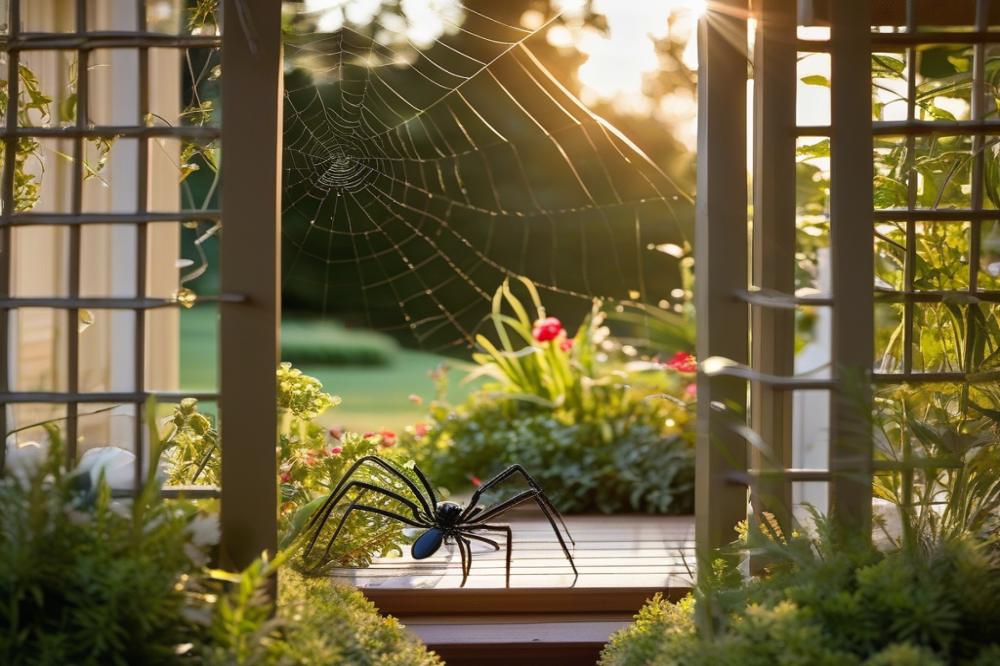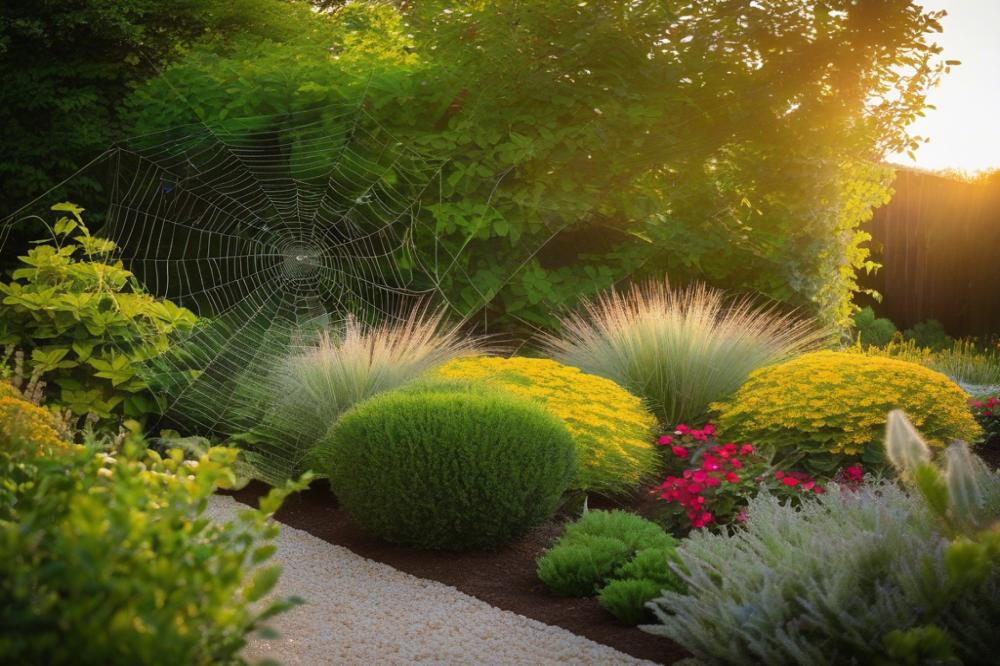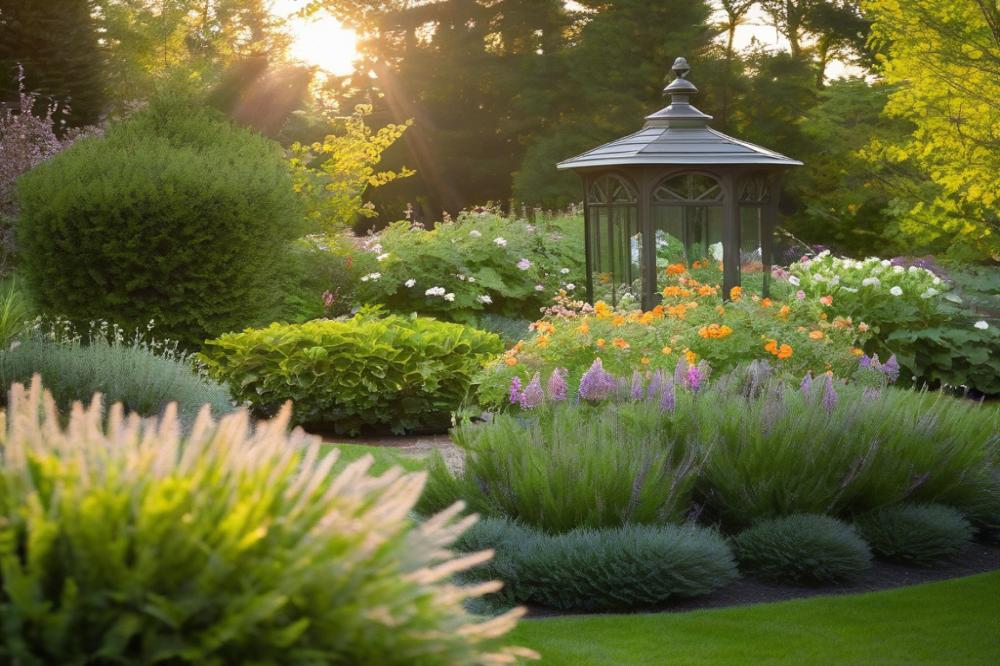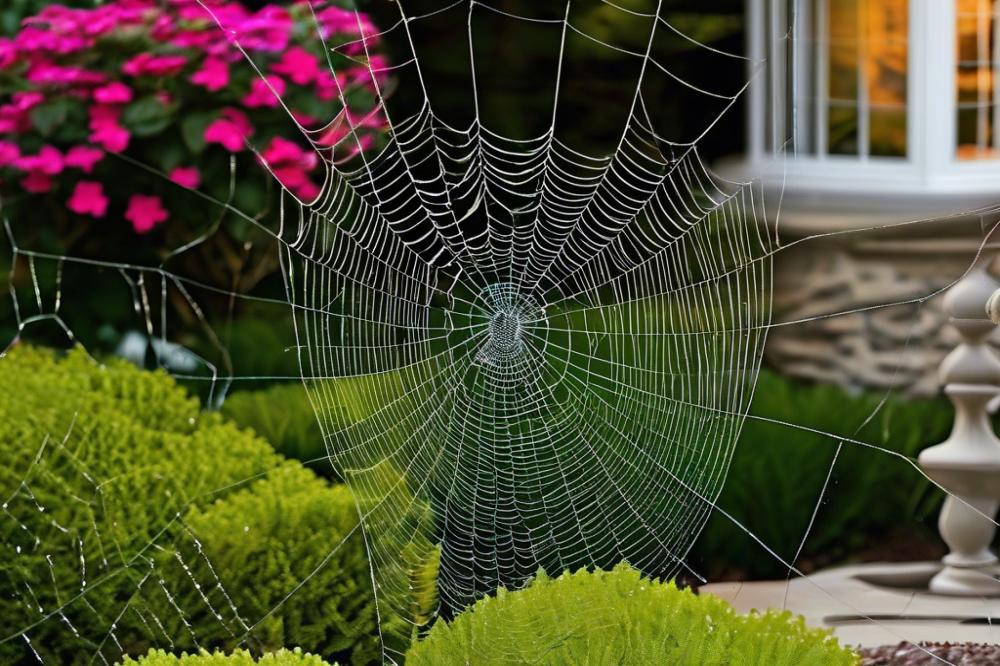Importance of spider prevention in outdoor spaces
Spiders play a complex role in our gardens and yards. While they can help control pests, infestations can become overwhelming and a source of concern for many homeowners. Maintaining cleanliness is vital in our outdoor spaces to discourage these eight-legged creatures from taking up residence. When spider populations explode, they may damage the beauty of landscaping and make the area feel less inviting. A well-managed yard benefits not only the plants but also the overall enjoyment of the space.
Various types of spiders often inhabit gardens. Some common culprits include garden spiders, wolf spiders, and orb-weavers. Each has its unique traits, affecting the ecosystem differently. For instance, while they may aid in pest control by feeding on insects, certain species can pose risks, particularly for those with allergies or sensitivities. Understanding these creatures encourages better pest management practices and promotes a safer environment for families and pets.
Effective yard maintenance can greatly reduce the likelihood of spider infestation. Simple steps like trimming shrubs or clearing debris can disrupt potential habitats. Natural repellents also offer eco-friendly alternatives to traditional chemicals. Regular garden care not only promotes plant health but also creates an unwelcoming atmosphere for pests. Implementing outdoor treatments aimed at spider prevention can help keep these critters at bay, ensuring that outdoor spaces remain enjoyable for everyone.
Understanding spider infestation


A spider infestation occurs when a large number of these eight-legged creatures occupy an area, creating an uncomfortable environment. Many people find the presence of spiders unsettling, especially when they invade outdoor spaces. Understanding what constitutes an infestation is key to preventing one. If you notice webs in abundance or see numerous spiders scurrying about, you’re likely dealing with a problem.
Signs of spider presence can often be subtle. Look for silk webs in corners of patios, under furniture, or around fences. Droppings that resemble small dark spots can also indicate spiders are nearby. Sometimes, you might even spot egg sacs that house multiple spiderlings, which can signal a bigger issue as they hatch. Regular inspections can help catch these signs early.
Common types of spiders found in gardens and yards vary by region but usually include the garden spider, orb weaver, and wolf spider. Each species has its own unique habits and preferred habitats. Garden spiders are often found in flower beds, while wolf spiders tend to hide in tall grass or under mulch. Knowing which spiders to expect helps in understanding their potential impact on your outdoor spaces.
Several factors contribute to spider infestations. A cluttered yard often provides hiding spots, making it more inviting for spiders. Poor landscaping choices, like dense shrubs or tall grasses, may create perfect habitats for them to thrive. Cleanliness plays a vital role, too; removing debris and maintaining your garden reduces places where spiders can settle. Additionally, if pest control issues arise, such as a shortage of natural predators, spiders may invade yards in search of food. Focusing on yard maintenance, including regular clearing and proper outdoor treatment, can make a significant difference.
Utilizing natural repellents can be another effective measure. Strong scents like peppermint or vinegar can deter spiders from taking residence. Consider applying these around entry points of your outdoor areas. Creating slight disturbances in their habitat will also make your space less appealing. Regular gardening and proper landscaping not only beautify your yard but can also disrupt the conditions needed for spider infestations to flourish.
Yard Maintenance and Cleanliness


Pest control starts with regular yard maintenance. Keeping the outside area tidy plays a vital role in preventing spider infestations. A clean yard reduces the places spiders might call home. Overgrown vegetation creates a perfect shelter, making it easier for these pests to thrive.
Trimming shrubs and bushes regularly is important. This practice limits the dark, damp places where spiders like to hide. Maintain a distance between your plants and the foundation of your home. This small step can help in reducing the chances of spiders making their way indoors.
Clearing debris is another essential aspect of garden care. Piles of leaves, branches, and grass cuttings are inviting to many pests. Remove these regularly to disrupt their habitat. Consider using natural repellents around your yard too. Ingredients like peppermint oil or vinegar can deter spiders without the use of harsh chemicals.
Managing clutter in outdoor spaces is also significant. Store tools, toys, and other items in a shed or garage. Leaving these items scattered around can create ideal hiding spots for spiders. A tidy area reduces both the number of places spiders can nest and also decreases potential insect food sources.
Landscaping choices can influence spider activity. Opt for plants that are less attractive to insects. Some plants naturally repel pests, making your garden less appealing. For instance, lavender can deter unwanted insects while adding beauty to your space.
Thinking ahead about the environment is key. Create a less inviting atmosphere for spiders by planting dense ground cover. Avoid using mulch in thick layers, as it retains moisture. Spiders prefer damp environments, so keeping the area dry can help with pest management efforts.
Regular yard maintenance is necessary for creating a less welcoming outdoor treatment area. By cleaning up and making smart choices, you can decrease the chance of a spider infestation in your outdoor spaces. Focus on cleanliness and thoughtful landscaping to protect your home and yard from these eight-legged intruders.
Natural Repellents for Spider Prevention


Exploring natural repellents can be an effective way to deter spiders in your outdoor spaces. Certain plant-based solutions, like peppermint oil, vinegar, and citrus, have shown promise in this area. These substances not only repel pests, but they also align with eco-friendly pest control methods.
Peppermint oil is particularly popular among those seeking to keep spiders away. Its strong scent can be off-putting to many insects. Mixing a few drops of this oil with water in a spray bottle is a simple way to create a powerful repellent. Apply this mixture around windows, doors, and any cracks in your home’s exterior.
Vinegar is another common choice for those looking to manage pest issues naturally. The acidity of vinegar can disrupt the habitats of spiders, making the area less appealing for them. A solution of equal parts water and vinegar can be sprayed around your yard or garden. This can enhance cleanliness while also serving as an outdoor treatment against infestations.
Many people enjoy using citrus as a natural deterrent, too. Lemon and orange peels have scents that spiders dislike. Placing these peels around your landscaping can help create a barrier against unwelcome critters. Regularly refreshing the peels will keep your garden care routine effective.
Applying these natural repellents requires a bit of strategy. Regular yard maintenance plays a crucial role in preventing spider homes. Keeping your outdoor spaces tidy disrupts their habitats and makes your property less inviting. Make sure to trim back any overgrown plants, as these can provide cover for spiders.
Using eco-friendly options has many advantages for pest management. They are safe for families and pets, and they won’t harm beneficial insects. A commitment to natural repellents reflects a desire for balance in your ecosystem. By choosing these methods, you contribute to a healthier outdoor environment while addressing spider issues effectively.
Outdoor Treatment Strategies


Outdoor treatment options for controlling spiders include both chemical and natural methods. Understanding these choices is essential for effective pest management in any garden. Chemical pest control can quickly eliminate spider infestations. Many products are available in stores, but safety is a major concern. Always read labels to protect your family, pets, and the environment.
On the other hand, natural repellents have gained popularity for being eco-friendly. Ingredients like peppermint oil, vinegar, or citrus can deter spiders without harmful chemicals. These options often require more frequent applications, but they contribute to a safer outdoor space. Maintaining cleanliness in your yard is crucial. Removing debris, clutter, and old furniture can significantly reduce spider habitats.
Landscaping also plays a role in spider prevention. Planting certain herbs or flowers may help distract or deter these pests. Additionally, focusing on yard maintenance can make a difference. Regularly trimming bushes and keeping grass short can eliminate nesting sites. Such actions disrupt habitats where spiders thrive, making your outdoor area less appealing.
When tackling spider issues, you might wonder if it’s time to call in professionals. If the problem seems overwhelming or persistent, seeking expert pest control may be necessary. Professionals have access to specialized treatments and knowledge to handle serious infestations effectively. They can provide tailored solutions suited to your specific environment.
Ultimately, combining various strategies may yield the best results. By blending natural methods with careful yard upkeep and, if necessary, professional help, you can create a more enjoyable outdoor space. Consider the unique characteristics of your garden when choosing your approach. Customizing your pest management strategy will lead to a healthier, spider-free environment.
Habitat Disruption Techniques
Disrupting the habitat is a key method for preventing spider infestations in outdoor spaces. This approach focuses on altering the environment to make it less inviting for these pests. Spiders typically thrive in areas that provide shelter and moisture. By managing these elements, you can create a less attractive space for them.
One effective technique involves regular yard maintenance. Keeping the grass trimmed and bushes well-pruned can significantly reduce spider hiding spots. Overgrown vegetation provides an ideal environment for spiders to thrive. Tidy landscapes discourage not only spiders but also other pests.
In addition to landscaping, controlling moisture is crucial. Spiders like damp places, so reducing standing water can help. Check for leaks in outdoor faucets or sprinkler systems. Drying out your yard can make it less appealing for unwanted visitors.
Another practical way to disrupt their habitat is through cleanliness. Remove debris such as leaves, wood piles, and tall grasses. These items serve as perfect shelters for spiders and other pests. A clean outdoor space can be an effective deterrent.
Utilizing natural repellents can also assist in your pest management efforts. Essential oils like peppermint or tea tree oil may help in keeping spiders away. Spray these solutions around common entry points and heavily infested areas for added protection.
Long-term strategies for maintaining spider-free gardens involve consistent care and monitoring. Regular inspections can identify potential infestations before they become severe. This vigilance, combined with good yard maintenance practices, forms a robust defense against spider encroachment.
Be mindful of how objects in your outdoor space are arranged. Storing firewood or garden tools against a wall creates shelter for spiders. Keep these items neatly organized and away from the house to minimize risks. Additionally, avoid using mulch too close to your foundation, as it can retain moisture.
Wrapping Up Your Outdoor Space
A safe and inviting outdoor area is essential for any home. Preventing unwanted visitors, like spiders, is vital for both comfort and health. When we focus on comprehensive yard maintenance, we take a significant step in avoiding a problematic spider infestation. Regular care keeps plants healthy and also removes potential nesting sites for these pests.
Everyone can benefit from a tidy yard. Raking leaves, trimming bushes, and clearing away debris helps not only your garden but also minimizes hiding spots for spiders. Moreover, planting certain flowers and herbs can deter pests naturally. A diverse landscape allows for a more balanced ecosystem while keeping unwanted creatures at bay.
Engaging a pest control service might also be a wise choice for some homeowners. These professionals can provide targeted solutions and advice tailored to your specific needs. It’s reassuring to know there are effective strategies available to manage your outdoor environment.
Creating a welcoming outdoor space should be an enjoyable experience. By addressing these matters early and consistently, you can enjoy sunny afternoons and evening gatherings without the worry of creepy crawlies. Embrace regular maintenance and consider all available methods to keep your yard clean and free from bothersome spiders. A little effort goes a long way in ensuring your outdoor enjoyment!



